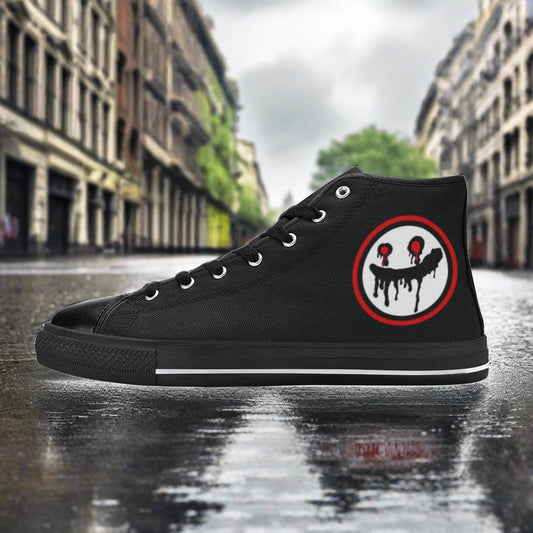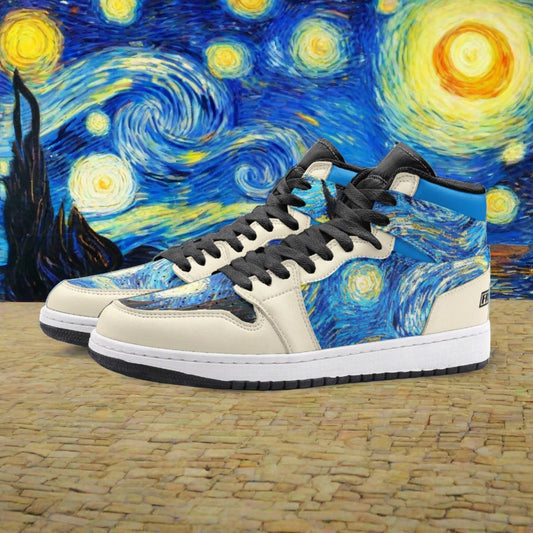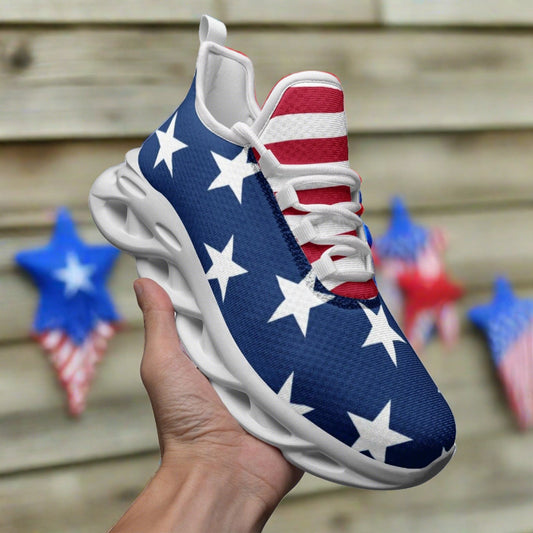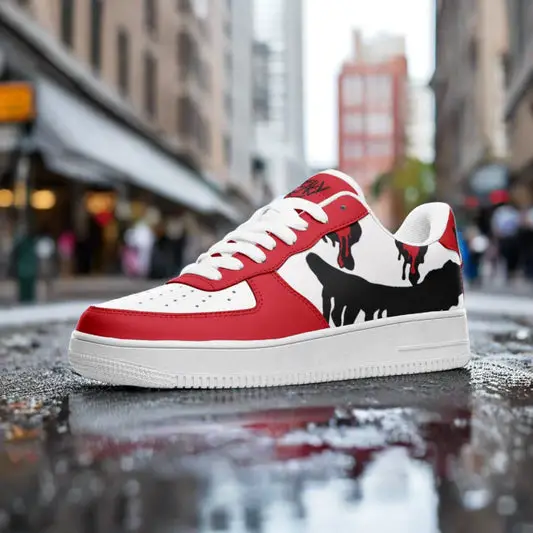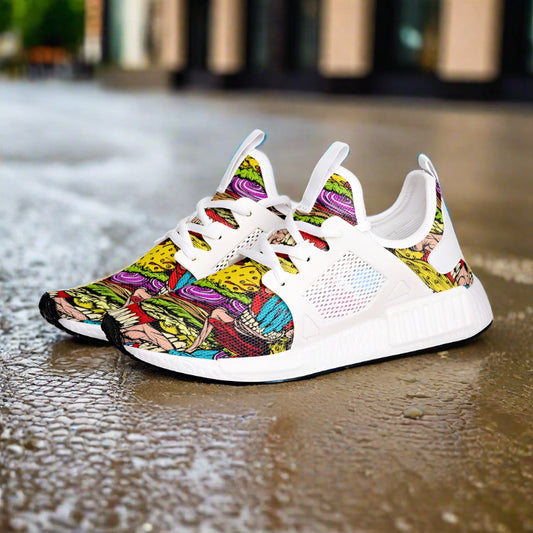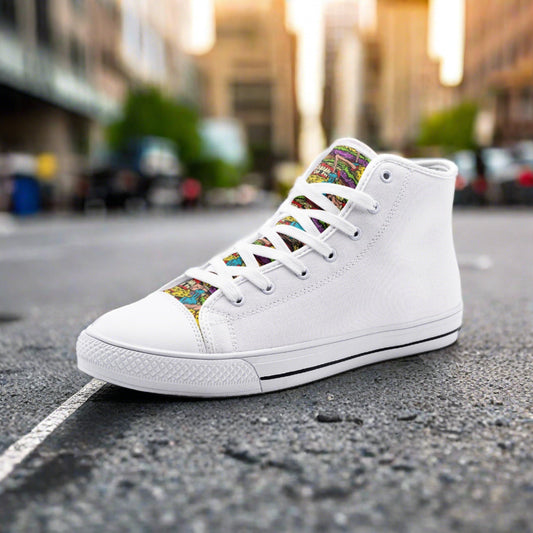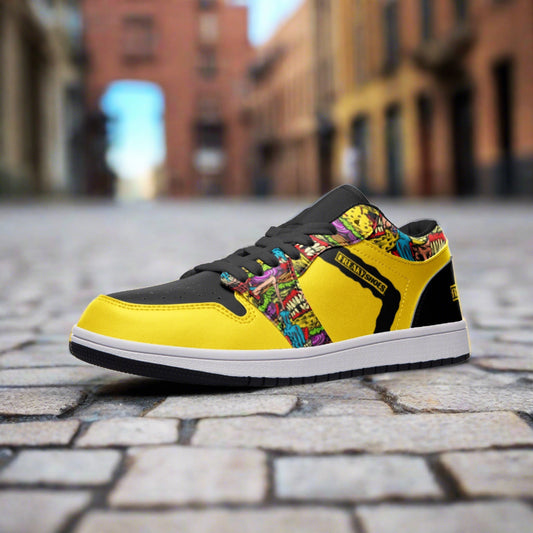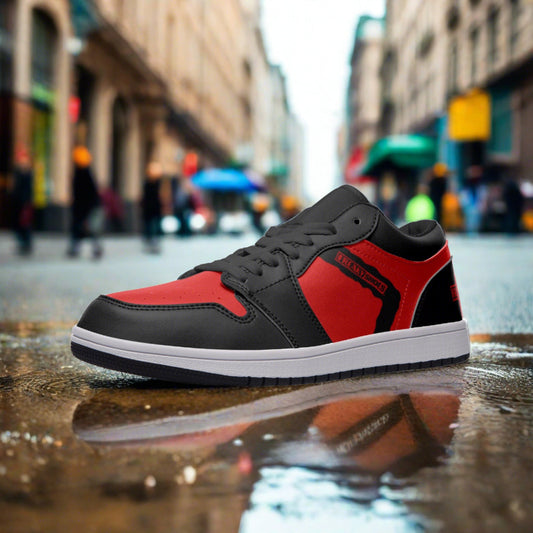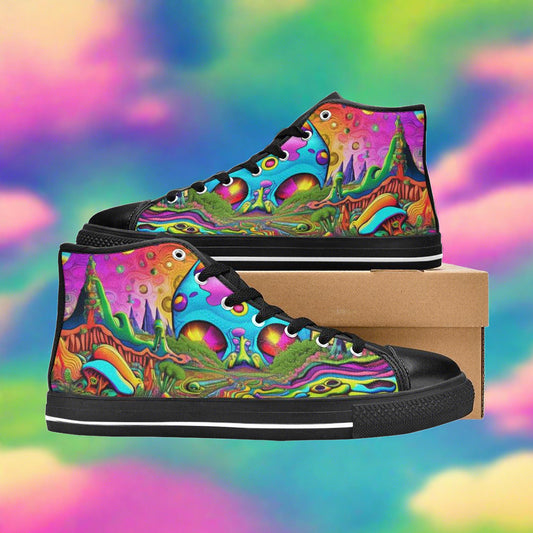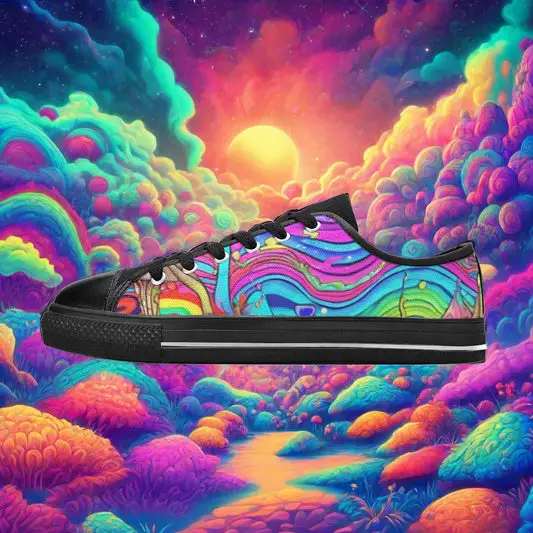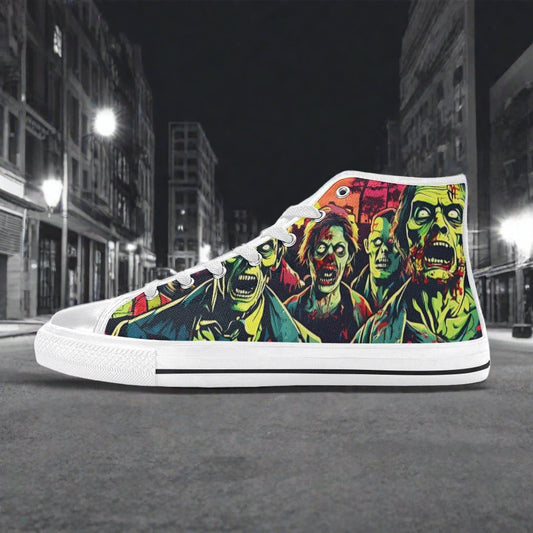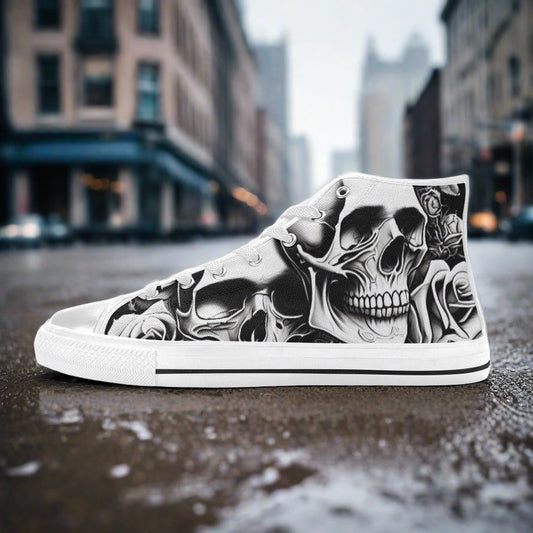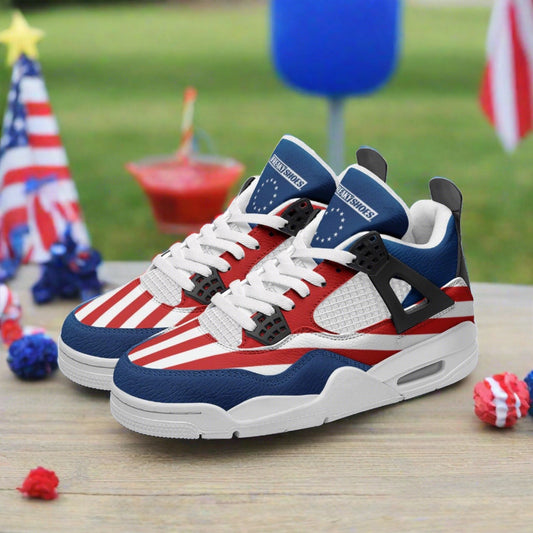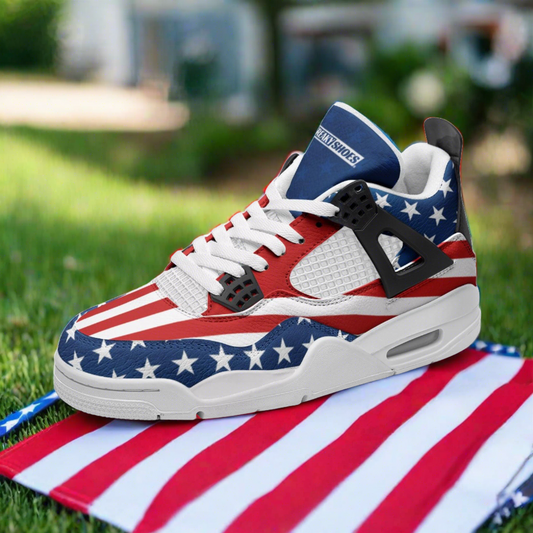Crocs is one of the most popular footwear at the moment. According to Statista, these shoes will generate revenue of around 5 billion dollars in 2026. It’s because more and more people are buying them.
However, before making a purchase, many ask the question, “Are Crocs waterproof?”
It’s understandable, too. Nobody wants to own those shoes that can get spoiled with a few splashes of water.
Well, we tested Crocs for you and now have the answer.
The good news is, Crocs are completely waterproof! They’re made from those materials that can resist moisture. Furthermore, they have holes, which means they don’t retain water either.
But unfortunately, we also found some “waterproofing” limitations, which you should be aware of. So, continue reading and find out all the details.
Key Points
- Crocs are made from Croslite, which is a waterproof foam resin.
- They’re lightweight, comfortable, and perfect for wet conditions.
- Crocs dry quickly, making them ideal for pool parties.
- If Crocs lose waterproofing, clean them or apply a waterproof spray.
- Store Crocs in a dry place to maintain their waterproofing.
Are Crocs Waterproof? Everything to Know

Yes, Crocs are waterproof. This means two things:
- They don’t absorb moisture.
- They can handle getting wet.
Crocs are made from a special material called Croslite. Many people don’t know what it is but shoe enthusiasts love it. It’s a type of foam that’s lightweight and comfortable. It's definitely great, but the best thing about it is that it can also “repel” water.
So, when you wear Crocs, they won’t get heavy or soggy (no matter how wet they get).
Therefore, you can take advantage of Crocs' waterproofing feature and do these activities without worries:
Beach and Pool Footwear
In our opinion, Crocs are perfect for the beach or pool. You can wear them right into the water. We did this and Crocs did not get ruined.
We also found that they’re great for walking in the sand. In fact, we even walked in the shallow water.
Rainy Weather
If it’s raining, Crocs are a smart choice. You don’t have to worry about your shoes getting soaked. That’s why we especially recommend Crocs to Europeans. We visited there last year and it rained the whole week.
But waterproofing is not the only reason we think Crocs are the best in the rains. Their soles are made to grip wet surfaces. So, you’re less likely to slip when it’s wet outside.
Gardening
Do you love gardening? If you do, then you should own a pair of Crocs. There’s a reason why they are loved by gardeners.
Crocs are super easy to clean. When you’re working in the garden, it’s easy to get muddy or dirty.
But if you’re wearing Crocs, you don’t have to worry. You can just rinse the dirt off with a hose. You can’t do this if you’re wearing Nike or Hey Dude, right?
Boating and Water Sports
If you like boating or other water activities, then we also recommend Crocs. The reason? They’re light, comfy, and give you a good grip. That’s why we wear them for activities like fishing or kayaking.
Washing the Car
When you’re washing your car, your feet usually get wet. With Crocs, you don’t have to worry about that. They’re waterproof, so you can stand in water. Furthermore, you can walk on a wet driveway without worries.
After you’re done, just rinse off your Crocs, and they’re clean again.
Camping
Crocs are our first choice for camping, especially if we are near a lake or river. Since they’re waterproof, they can handle getting wet. You can easily cross a stream or walk on wet ground. They’re also lightweight, so they’re easy to pack (another bonus point).
Walking in Wet Grass
Crocs are a good option if you have to walk through wet grass. Whether there’s dew on the ground or it’s raining, these shoes can keep your feet dry. They won’t get damaged by the moisture, and they dry off quickly.
That’s why we think Crocs are great for things like:
- Taking the dog out.
- Going on a hike.
- Just enjoying a walk in the park.
Cleaning Around the House
Crocs are super handy for cleaning tasks, especially when water’s involved. You can easily mop floors or wash windows. Crocs are also easy to slip on and off, which is great for quick jobs.
And if they get dirty, just rinse them off.
If you’re curious about why Crocs are waterproof, you might also wonder why they come with such a hefty price tag. Find out more in Why Are Crocs So Costly?
Why Are Crocs Waterproof?
Crocs are waterproof because they’re made from Croslite. This special foam doesn’t absorb water, so it keeps your feet dry. The design also makes them water-resistant. The holes in the Crocs allow water to drain out quickly.
Let’s see the details.
The Special Material: Croslite
Crocs are waterproof mainly because of the material they’re made from, called Croslite. Croslite is a type of foam resin that is both lightweight and durable. But what makes it really special is that it doesn’t soak up water at all.
In fact, the Croslite material does not even let water pass through it.
Another cool thing about Croslite is that it’s soft and comfortable. Even though it keeps water out, it’s still flexible and easy on your feet. So, you can wear Crocs all day without feeling tired.
The Smart Design of Crocs
The design of Crocs plays a big role in making them waterproof. Many Crocs have holes or open areas that let water drain out quickly. This is really helpful when you’re at the beach or pool. Instead of water getting stuck inside the shoe, it flows right out.
During our research, we also found that the soles of Crocs are “non-slip.” This is important when you’re walking on wet surfaces. The soles grip the ground better, so you’re less likely to slip and fall.
That’s not it. We also noticed that the shape of the shoe also helps with water resistance. Crocs are usually a bit raised around the edges. In our opinion, this helps keep water out.
Quick-Drying Feature
One of the best things about Crocs is how quickly they dry. This is another reason they’re so good in wet conditions. After you’ve worn them in water, Crocs don’t take long to dry off. In our experience, it usually takes around 5 to 15 minutes.
Just make sure you put your wet Crocs in the right spot so that they get air dry properly. We suggest these:
We tried each of these spots to air dry our Crocs. We found all of them to be suitable.
However, during all of this, we noticed that there are some “waterproofing” limitations. Our team faced two problems, and we’re now discussing them.
Crocs’ Waterproofing Limitations We Have Noticed
We spent more than two months testing the waterproofing feature of Crocs. During this time, we noticed two issues with it. One is breathability, which is a big one. The other is that we didn’t feel comfortable in the deep water.
Let’s discuss both in detail.
Breathability
Crocs do an excellent job at keeping water out. However, we found that they don’t offer much breathability. It means the shoes don’t allow much air to pass through. This can be an issue in hot and humid weather. The reason is that your feet might start to feel sweaty and uncomfortable in it.
However, many Crocs models come with ventilation holes that help improve airflow. These holes allow some air to circulate around your feet.
Unfortunately, even with these holes, Crocs are still not as breathable as other types of shoes.
So, if you plan to wear Crocs in very hot weather, it’s something to keep in mind.
Not Suitable for Deep Water
Another limitation we’ve noted is that Crocs are not made for deep water activities like:
- Swimming
- Diving.
We suggest only wearing them for splashing around in shallow water or walking on wet surfaces.
Here, we want you to remember that Crocs can float. This is useful if you drop them in water. However, this also means they might float right off your feet if you’re in deep water.
Note that the fit of Crocs is usually a bit loose. This makes them easy to slip on and off. But this loose fit also means they can come off easily in water.
We were moving around a lot and ultimately lost our shoes.
So, now we can say that Crocs are great for many things, but deep water isn’t one of them.
After learning about Crocs being waterproof, you might be surprised to find out who actually buys them the most. Check out Who Buys Crocs the Most? (Surprising Answer)!
Crocs vs. Other Waterproof Footwear
If you compare Crocs with other footwear, you will realize that they stand out for their comfort and lightweight design. But how do they compare when we also discuss the “waterproofing” feature?
Let’s have a look:
|
Feature |
Crocs |
Hunter Rain Boots |
Speedo Water Shoes |
Merrell Hiking Boots |
|
Waterproof Material |
Croslite (foam resin) |
Natural rubber |
Neoprene and mesh with rubber soles |
Leather or synthetic with Gore-Tex membrane |
|
Breathability |
Low, but improved with ventilation holes |
Low, no ventilation |
High, designed for water drainage |
Moderate, with breathable membranes |
|
Comfort |
Lightweight, soft, easy to wear |
Can be heavy and stiff |
Very lightweight and flexible |
Supportive but can be stiff |
|
Suitable for Deep Water |
No |
Yes, but best for wet ground |
Yes, designed for water sports |
No, more for trekking through wet areas |
|
Quick Drying |
Yes |
No |
Yes, dries very quickly |
No, takes time to dry |
Hunter Rain Boots
Hunter rain boots are famous for their solid waterproof protection. They are made from natural rubber, which means they are durable. The brand has also advertised them as “waterproof.”
However, in our experience, they don’t breathe well. Moreover, they can feel heavy.
So, we recommend them only for walking through puddles or muddy areas.
Speedo Water Shoes
Speedo water shoes are a top pick for water activities. They’re made from materials like neoprene and mesh, which allow them to drain water quickly and dry fast.
Unlike Crocs, Speedo water shoes stay securely on your feet. We tried them in deep water and found them to be comfortable. So, we recommend them to you for:
- Swimming
- Snorkeling
- Kayaking.
They’re also more breathable, thanks to the mesh design.
Merrell Hiking Boots
Merrell hiking boots are built for serious outdoor adventures. They’re made with top-notch materials, like:
- Leather
- Synthetics
- Gore-Tex membrane (which makes them highly waterproof).
In our opinion, these boots are perfect for hiking through wet or muddy trails.
How to Care for Your Crocs to Maintain Waterproofing?

To keep your Crocs waterproof, you should do three main things:
- Clean them regularly
- Don’t expose them to high heat
- Dry them naturally.
Let’s see how to do all of this.
Clean Your Crocs Regularly
Cleaning your Crocs is the most important thing you can do to maintain their waterproofing. Dirt and grime can build up on the surface. Remember that these things reduce the water-repelling abilities over time.
To clean your Crocs, do this:
- Get a soft brush or cloth.
- Dip it in the mild soap-lukewarm water solution.
- Gently scrub away any dirt.
- Rinse them off.
Here, we want to stress that you must not use any harsh chemicals or abrasive scrubbing pads. The reason? They can damage the Croslite material.
Avoid High Heat Exposure
As discussed above, Crocs are made from a special foam material. If you expose this foam to sun rays, it will start to fade. Similarly, don’t put your Crocs in the dryer, or near a heater. Always keep in mind that high temperatures can cause the material to shrink or warp.
Store Your Crocs Properly
Did you know how you store your Crocs can also impact their waterproofing? It’s true. You should never leave them outside. There, they can get exposed to harsh elements, like pollution. Moreover, avoid storing them in places with extreme temperatures, like a hot car or a freezing garage.
What to Do If Your Crocs Lose Their Waterproofing?
If your Crocs lose their waterproofing, start by cleaning them thoroughly. Sometimes, dirt buildup can block the material’s natural water resistance. If cleaning doesn’t help, you can apply a waterproofing spray made for shoes.
Let it dry completely before wearing your Crocs again. This can restore some of the waterproofing.
Final Words
Crocs are a reliable choice for keeping your feet dry. Here’s the recap:
- Crocs are made from Croslite, a waterproof material.
- Proper care helps maintain their waterproofing.
- Avoid exposing Crocs to high heat to prevent damage.
- Use a waterproofing spray if they lose their water resistance.
That’s all.












